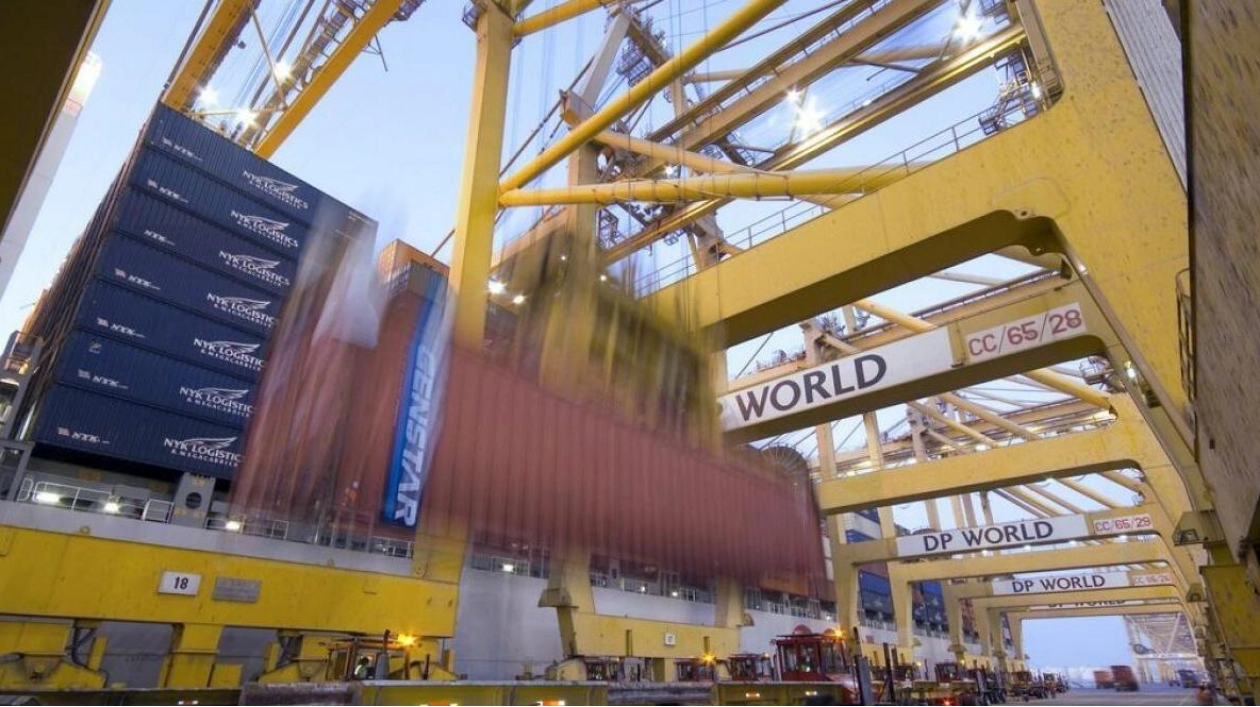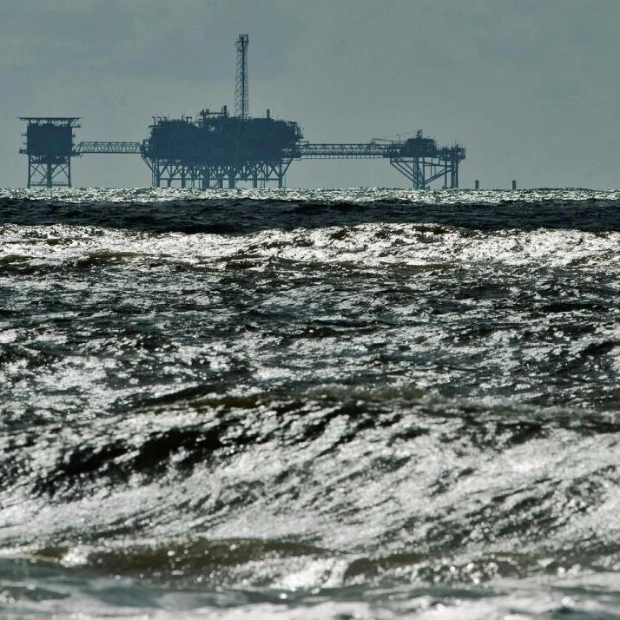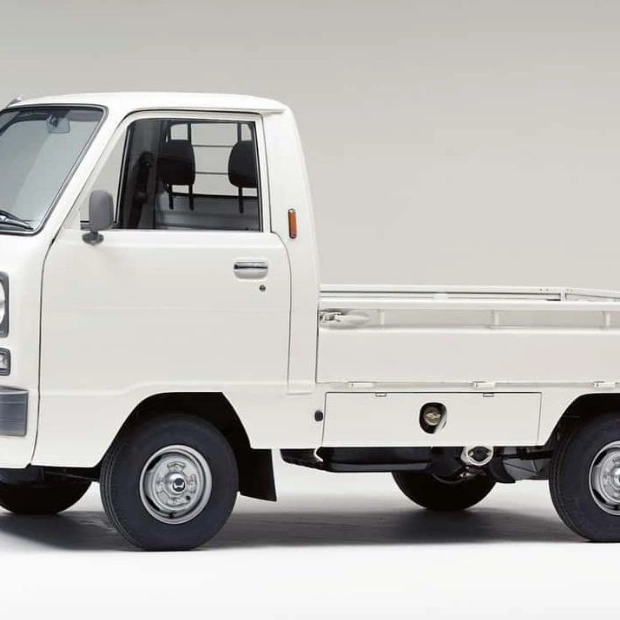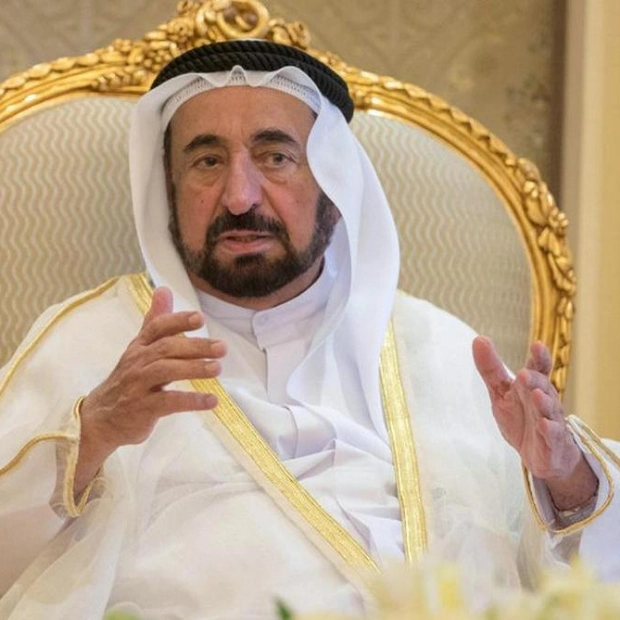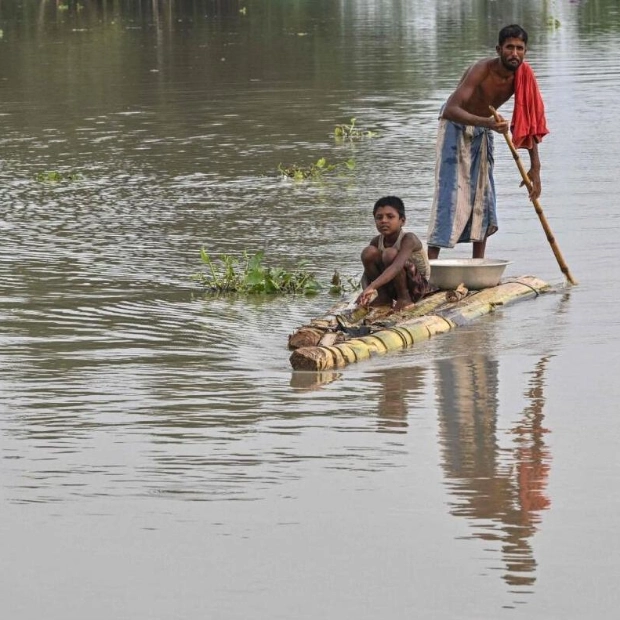The UAE and Malaysia are on the brink of finalizing a Comprehensive Economic Partnership Agreement (Cepa), which is expected to be signed in October. This landmark free trade agreement aims to significantly enhance bilateral trade and investment between the two nations. The signing is likely to occur during Malaysian Prime Minister Anwar Ibrahim's upcoming visit to the UAE, according to sources.
Preparations for the pact have been progressing steadily since a bilateral meeting in June between Dr. Thani Al Zeyoudi, UAE Minister of State for Foreign Trade, and Jarful Abdul Aziz, Malaysia’s Investment, Trade and Industry Minister. The first round of Cepa negotiations commenced in October 2023. As Malaysia's inaugural free trade agreement with a Gulf Cooperation Council (GCC) member, this agreement is anticipated to foster deeper economic collaboration, promoting increased trade and investment flows not only between the two countries but also between ASEAN and the GCC regions.
"Both nations recognize the developmental importance of open, rules-based trade and are committed to ensuring that our private sectors can maximize the opportunities in each other's economies," Al Zeyoudi stated. "We see considerable potential for greater trade and investment flows and look forward to making progress on our Cepa negotiations."
In the first half of this year, the UAE's non-oil foreign trade reached a record Dh1.4 trillion, driven by a 25% year-on-year surge in non-oil exports, which contributed to an 11.2% annual increase in aggregate non-oil foreign trade. Bilateral non-oil trade between the UAE and Malaysia amounted to $4.7 billion in 2023, maintaining the record levels set in 2022.
On the investment side, as of 2023, 34 manufacturing projects with Emirati participation, valued at $390 million, were implemented in Malaysia, creating 2,039 jobs. The UAE's Cepa program is projected to boost the country's exports by 33% and contribute over Dh153 billion to its GDP by 2031. The UAE, aiming to sign 26 Cepa deals, has already concluded trade treaties with India, Turkey, Israel, Cambodia, and Georgia, while negotiations are ongoing with Japan, Serbia, New Zealand, and Ecuador.
Malaysian officials are optimistic that the Cepa will further strengthen economic ties with the UAE, which is Malaysia's second-largest trading partner in the Middle East. Meanwhile, the UAE and Japan have agreed to begin negotiations for an Economic Partnership Agreement (EPA) to enhance their relationship and ensure a stable supply of crude oil. The UAE was Japan's second-largest crude oil supplier in terms of volume last year, after Saudi Arabia. Japan also seeks tariff reductions or eliminations on cars and auto parts, which currently face a 5% levy. Auto-related exports accounted for over 40% of Japan's shipments to the UAE last year.
